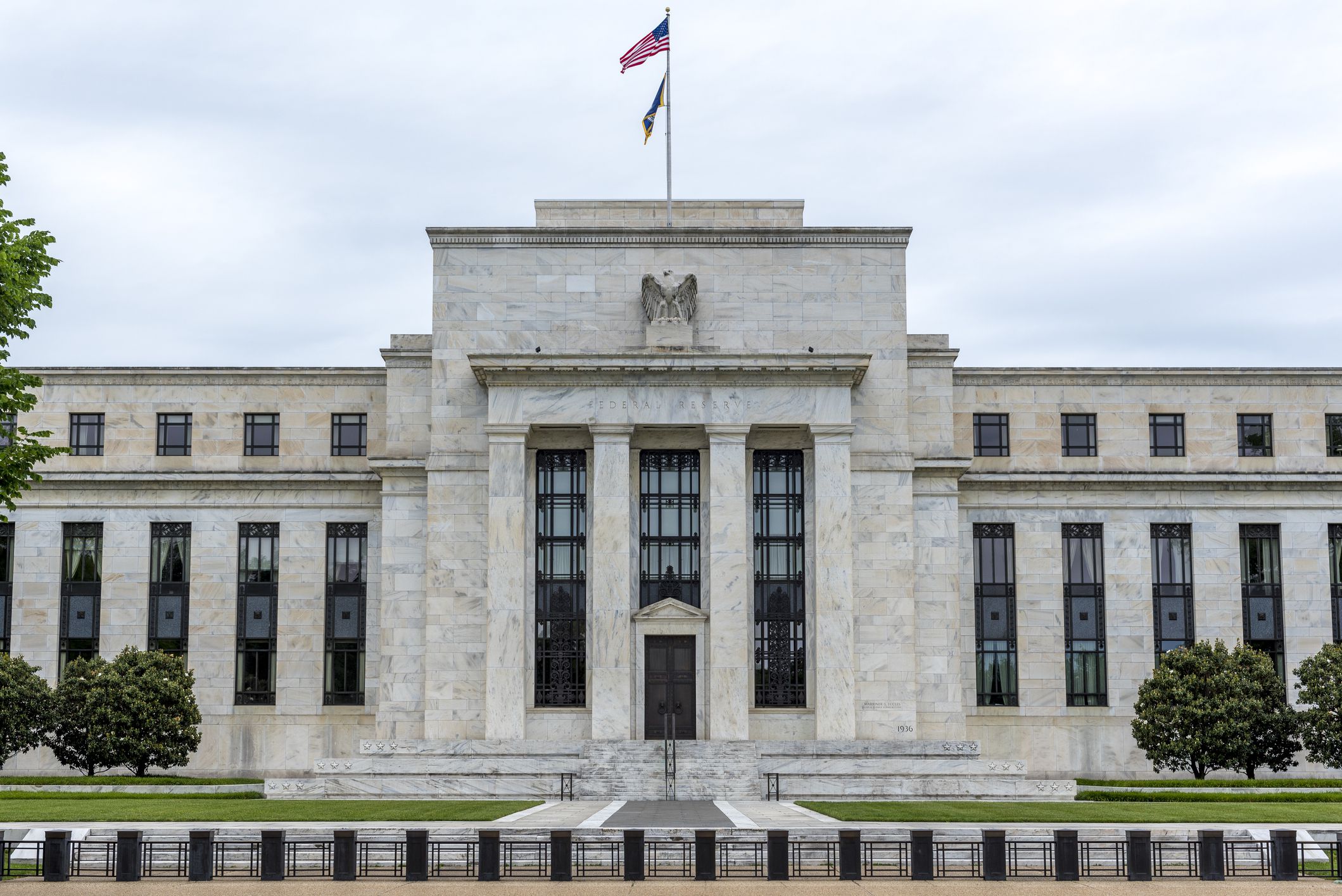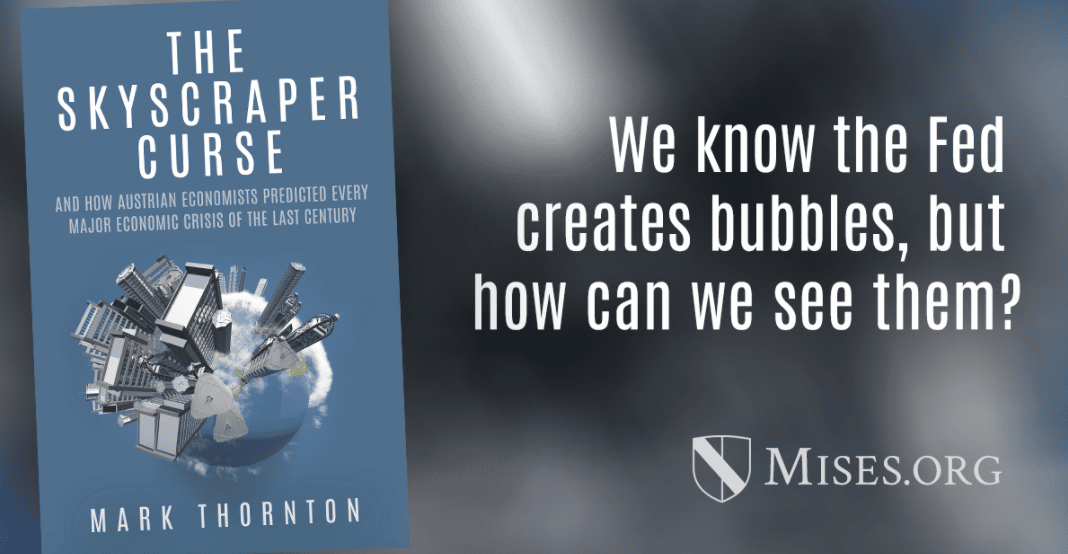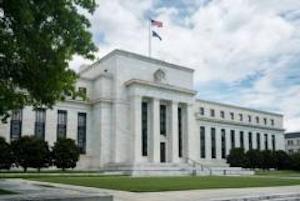The Federal Reserve has a legal dual mandate to minimize unemployment and price inflation. The current “dual” between the two mandates is to reduce price inflation by increasing interest rates to increase unemployment and kill businesses to choke off aggregate demand. This has been the most important economic and investment issue this year and this dual minimization procedure has dominated Fed policy for at least three-quarters of a century. This is odd given that the Fed is in the business of creating money, the cause of price inflation, and it is responsible for all the largest surges in...















